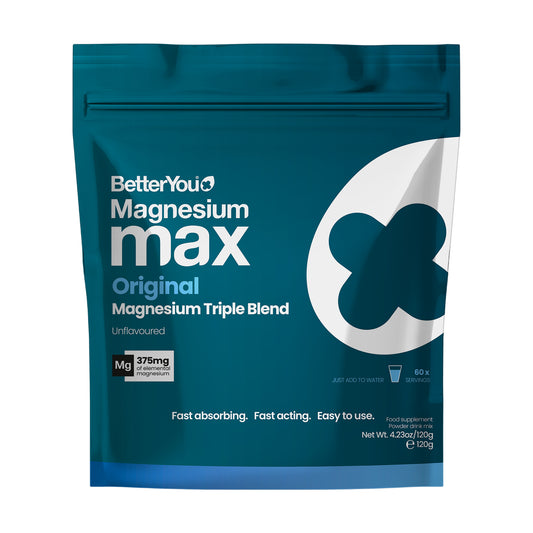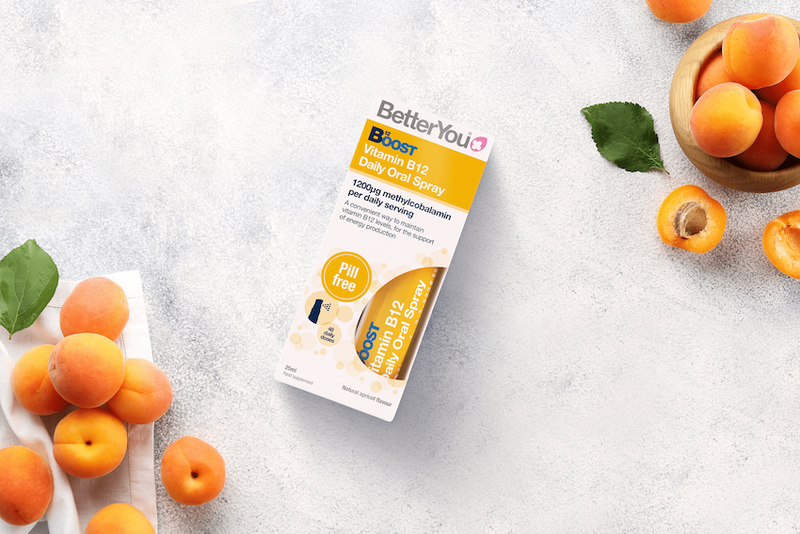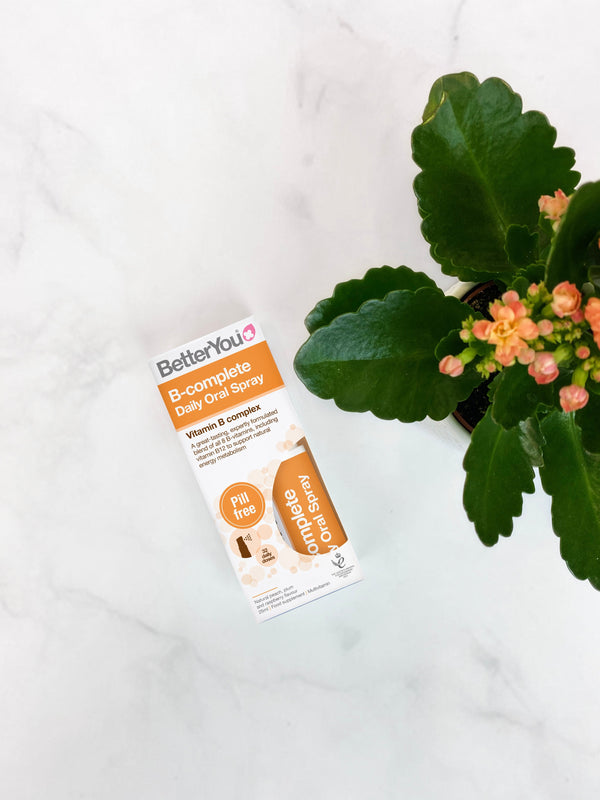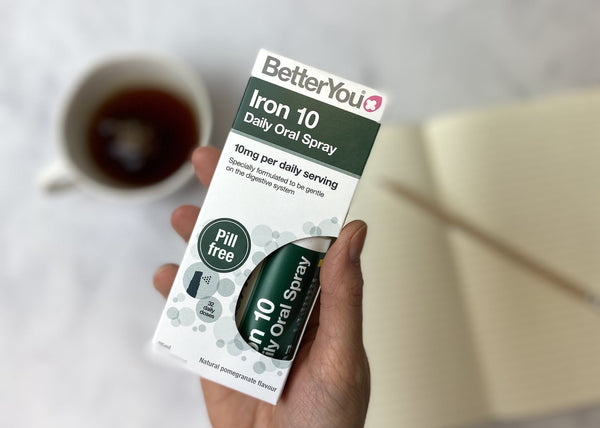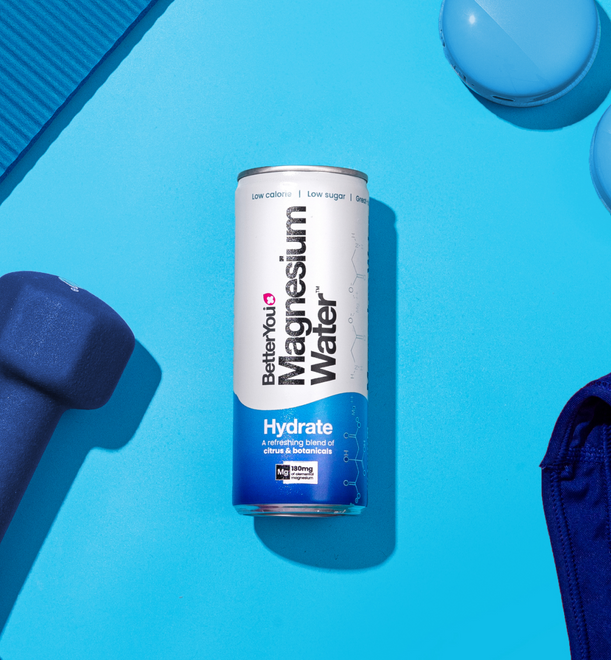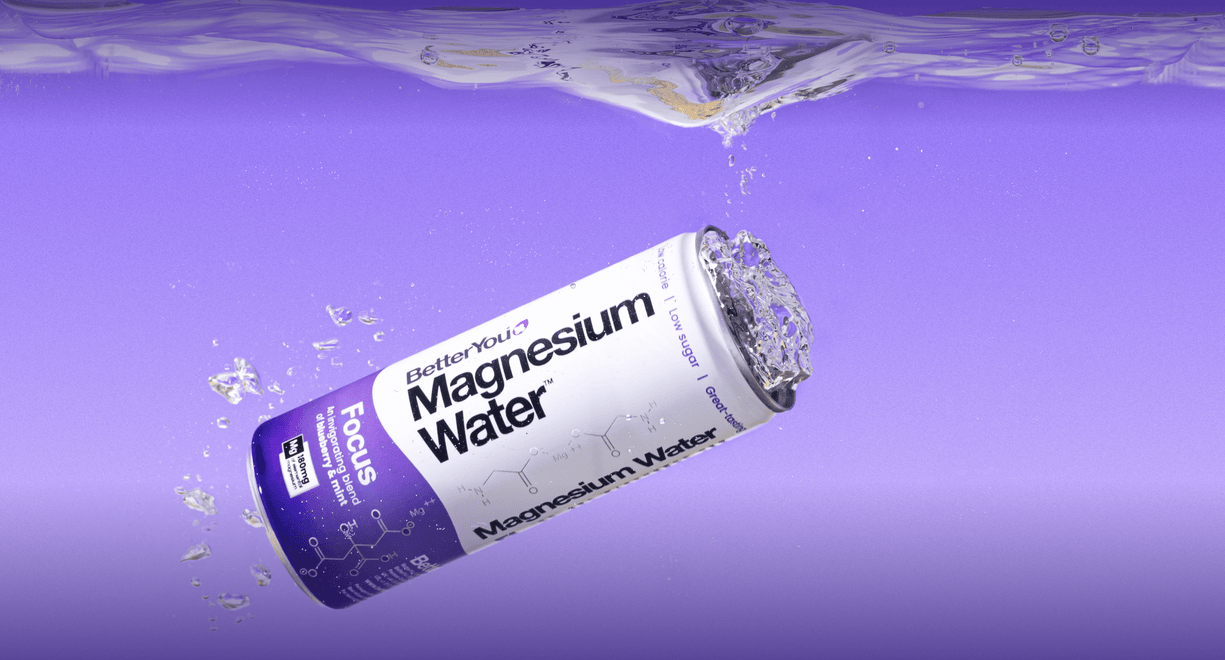The leading cause of vitamin B12 deficiency in older adults is the decline in stomach acid production that comes with age. As we age our ability to break down food and absorb nutrients reduces, putting us at risk of low levels. See why older adults are more at risk of B12 deficiency, and how to identify and test your levels.
Table of Contents:
- Top Causes of B12 Deficiency in Older Adults
- 6 Signs of Deficiency in Older Adults
- When to Test B12 Levels?
- When to Supplement
- When to See Your Doctor
Top Causes of B12 Deficiency in Older Adults
Vitamin B12 deficiency in older people may be more prevalent than we once thought. Older adults may need to support their diet with vitamin B12 supplements to increase intake and avoid deficiency.
NICE has published draft guidelines for B12 deficiency which highlight the occurrence of B12 deficiency in those aged 60+. “Vitamin B12 deficiency is more common in older people and is thought to affect around 5% of 65-74-year-olds and over 10% of over-75s.”
The causes of B12 deficiency in older adults include:
Age
The new NICE guidelines are proposing to include “age” as a risk and cause of B12 deficiency.
Vitamin B12 requires stomach acid to be broken down in order for absorption. As we age, our ability to produce stomach acid declines. Thus, the body’s ability to absorb B12 can decline, leading to vitamin B12 deficiency in older adults. The guidelines also highlight that “Older people are also at higher risk of developing health problems such as cognitive impairment and dementia, which can impact their diet and eating habits.”
For this reason, pill-free B12 supplements are an effective solution to combating vitamin B12 deficiency in older adults. The pill-free formulas are absorbed into the bloodstream, bypassing the gastrointestinal system, and supporting your intake.
Our B12 oral spray supplement delivers 1200μg of vitamin B12, which is higher than the recommended dosage because it is designed to help fix low levels by providing a solution to vitamin B12 deficiency in older adults.
Difficulty Absorbing B12
Obtaining the required amount of vitamin B12 through regular tablet supplementation can be difficult. This is due to the nature of vitamin B12 absorption. Obtaining B12 from your diet and tablet supplementation requires sufficient presence of an enzyme called intrinsic factor.
This enzyme aids absorption of nutrients in the gut. However, the processed foods in our modern diets have likely led to a decrease in the level of intrinsic factor. Consequently, using pill-free vitamin supplements can help as they bypass the gut and therefore do not require intrinsic factor to be absorbed.
Diet
Whilst it can already be difficult to absorb the nutrient in the gut, diet is also a significant cause of vitamin B12 deficiency in older adults. Food sources of B12 include meat, fish, eggs, and dairy products. Those who exclude animal-derived products from their diets, such as vegans may be more at risk of developing B12 deficiency and combining with older age further increases the risk without the added support vegan supplements.
Not only that, but older adults may experience vitamin B12 deficiency if they struggle to prepare food. For example, people who have mobility issues may not be able to prepare food to ensure their diet provides enough vitamin B12 per day.
Health Conditions & Medications
Certain health conditions and medications can also be a leading cause of vitamin B12 deficiency in older adults. This is because certain illnesses or diseases which impact the stomach or small intestine can cause malabsorption. Some medications also reduce the amount of B12 which is absorbed into the bloodstream in this way.
Some medications or conditions which may cause vitamin B12 deficiency in older adults include:
- Anti-seizure medicines - phenobarbital, pregabalin, primidone and topiramate
- Colchicine
- H2-receptor antagonists
- Metformin
- Proton pump inhibitors
- Previous abdominal or pelvic radiotherapy
- Previous gastrointestinal surgery
BetterYou’s B12 oral supplement has no known contraindications with prescribed medications. Though we always recommend checking with your GP or pharmacist before beginning a new supplement routine.
6 Signs of Deficiency in Older Adults
The symptoms of B12 deficiency in older adults can vary from person to person and are often not exclusive to vitamin B12 deficiency. However, they can help you identify whether you are suffering from low nutrient levels. Whilst these symptoms can affect younger adults too, they may be more detrimental to those aged 60+.
The signs of low levels of vitamin B12 include:
- Cognitive difficulties, or brain fog
- Eyesight problems related to optic nerve dysfunction such as blurred vision
- Glossitis (a sore and red tongue)
- Unbalanced or unusually low mood
- Pins and needles
- Unexplained fatigue
When to Test B12 Levels?
It is possible to identify vitamin B12 deficiency with a blood test which measures the amount of biomarkers in a sample to determine overall levels. You should test if you feel you may be experiencing the symptoms of B12 deficiency, or when you want to identify if your supplementation is effective.
Using BetterYou’s at-home vitamin test kits you can check if you have sufficiency levels or if you are deficient. To test for B12 deficiency in older adults, the steps are all straight-forward, easy to follow, and can be completed from the comfort of your own home:
- Order your at-home vitamin B12 test online
- Provide a sample of blood in the microtube via a small prick on the finger
- Send your sample for testing to our UKAS accredited lab partners using the pre-paid envelope
- Receive your results via email within 5 working days of the lab receiving your sample.
- Receive your bespoke supplementation plan based on your results to help you increase or maintain your nutrient levels.
Older adults concerned about vitamin B12 deficiency may be given a test upon visiting a GP or Doctor, but our at-home tests are easy and convenient.
When to Supplement
You should consider vitamin B12 supplements when:
- You want to maintain your levels of B12
- You have shown signs of deficiency
- You have tested your levels and are deficient in vitamin B12
BetterYou’s Boost B12 Oral Spray delivers 1200μg (micrograms) of vitamin B12 (methylcobalamin). This is a naturally active form found within human metabolism.
The dosage in our B12 supplement exceeds the Nutrient Reference Value guidelines because it is designed to support those trying to raise their levels when remedying a B12 deficiency. As B12 is a water-soluble nutrient, any excess will be excreted via urine, so it is unlikely you will consume too much.
Our vitamin oral sprays are formulated to be hassle-free and convenient. You simply spray into the mouth and continue with your day, allowing the vital nutrients to effectively absorb into the bloodstream. They do not need to be taken with food or water, and you can supplement at any time of the day and combine with our other pill-free supplements.
When to See Your Doctor
If you are at all concerned about the symptoms of vitamin B12 deficiency in older adults, and feel you are suffering from any symptoms, you should seek medical attention and visit your GP. The reasons to see your GP are:
You Are Aged 60+ & Experience Symptoms of Vitamin B12 Deficiency
If you resonate with one or more of the symptoms of B12 deficiency in older adults, you should visit your Doctor to determine whether this is the cause. The Doctor may arrange a blood test to check your B12 levels and recommend a treatment plan. As per this 2006 study older adults remedying deficiency or “people aged over 50 with poor vitamin B12 status should intake 500 micrograms of crystalline vitamin B12 per day to help restore low levels”.
You’re More At Risk
Older adults (aged 60+) are, by the draft guidelines, now considered at risk of B12 deficiency due to age. As we know, B12 requires stomach acid to be broken down, and as you age your stomach lining struggles to retain the ability to produce this acid. This is why taking a pill-free supplement that bypasses the gastrointestinal system is ideal to remedy low B12 levels in older adults.
Those aged 60+ are already at risk, but you may be more at risk if you identify with any of the following:
- Follow a vegan or vegetarian diet
- Eat a low amount of B12 food sources
- Take certain medications
- Have digestive issues
You Have Tested Your Levels
The draft NICE guidelines reinforce the importance of testing your B12 levels, and based on your results, you may need to supplement in order to avoid the symptoms of B12 deficiency in older adults. If your symptoms do not go away, or you re-test and your levels have not increased you should consult your doctor.
Why Supplement with BetterYou?
We pioneered pill-free supplements to help make nutritional intake as hassle-free as possible. Our products have been absorption tested by the Universities of Cardiff and Sheffield. From sleep supplements to help you drift off, to energy supplements for a needed boost, support your healthy lifestyle with BetterYou.


